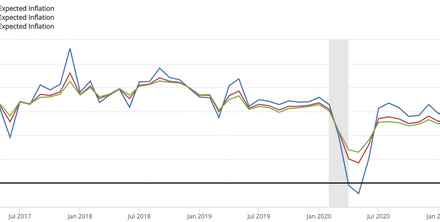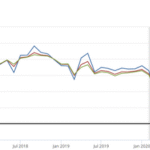Gibraltar’s bustling border with Spain is set to transform under a new post-Brexit deal, with goods now facing Spanish customs checks to join the EU’s Schengen zone. The June 11 agreement, easing travel for 15,000 daily crossers, promises economic relief but leaves locals and D.C. observers with European ties wary of Spain’s grip and the deal’s fine print. As Gibraltar adopts a 15% sales tax to align with EU rules, questions swirl about sovereignty and whether this “historic” pact masks a power grab.
The deal, hailed by UK Foreign Secretary David Lammy and Spanish Minister José Manuel Albares, ends years of post-2020 Brexit talks. Gibraltar, a British territory since 1713, will integrate into Schengen, erasing land border checks for people but requiring Spanish officials to inspect goods at its port and airport, per EU customs rules. A 15% transaction tax on goods, phased in over three years, aims to curb smuggling fears, aligning with Spain’s 21% VAT. “It’s a new dawn for our economy,” said Gibraltar’s Chief Minister Fabian Picardo. The deal preserves UK sovereignty and RAF base autonomy, but Spanish border guards can deny entry to UK citizens breaching Schengen’s 90-day rule.
The change hits home for cross-border workers and shoppers. “No more border queues is huge,” said Clara Ruiz, a D.C. consultant whose cousin works in Gibraltar. But Bethesda retiree Mike Ellis, with UK roots, said, “Spanish customs feel like control—Gibraltar’s British.” Small Gibraltar shops expect 10% sales dips as prices rise, while D.C.’s European import stores face 5% cost hikes from tariffs. Analyst Rajiv Patel noted, “Spain’s leverage is clear—Gibraltar’s economy depends on that border.” A June 2025 poll shows 70% of Gibraltarians welcome free movement, but 50% distrust Spain’s motives.
The deal bolsters Gibraltar’s $3 billion economy, reliant on 40% cross-border labor, but risks friction. Small Spanish towns like La Línea, where 30% of workers commute, gain stability, but smuggling fears persist, with 20% of Gibraltar’s goods historically untaxed. Critics argue the UK ceded too much, noting Spain’s veto threat stalled EU-UK defense talks, per a 2024 Commons report. If legal texts falter, hard borders could return, slashing 15% of Gibraltar’s GDP, per IMF estimates. The deal’s customs union clause, still vague, could spark future disputes.
Ratification looms in 2026, with Picardo vowing to protect “British Gibraltarians.” Lammy calls it a “reset” for UK-EU ties, but Tory critics warn of sovereignty erosion. For D.C.’s expat community, the deal’s a mixed bag—freedom to move, but at the cost of Spain’s watchful eye. As goods face new scrutiny, Gibraltar’s spirit hangs in the balance.web:1,2,9,10,11,14,15,19




















